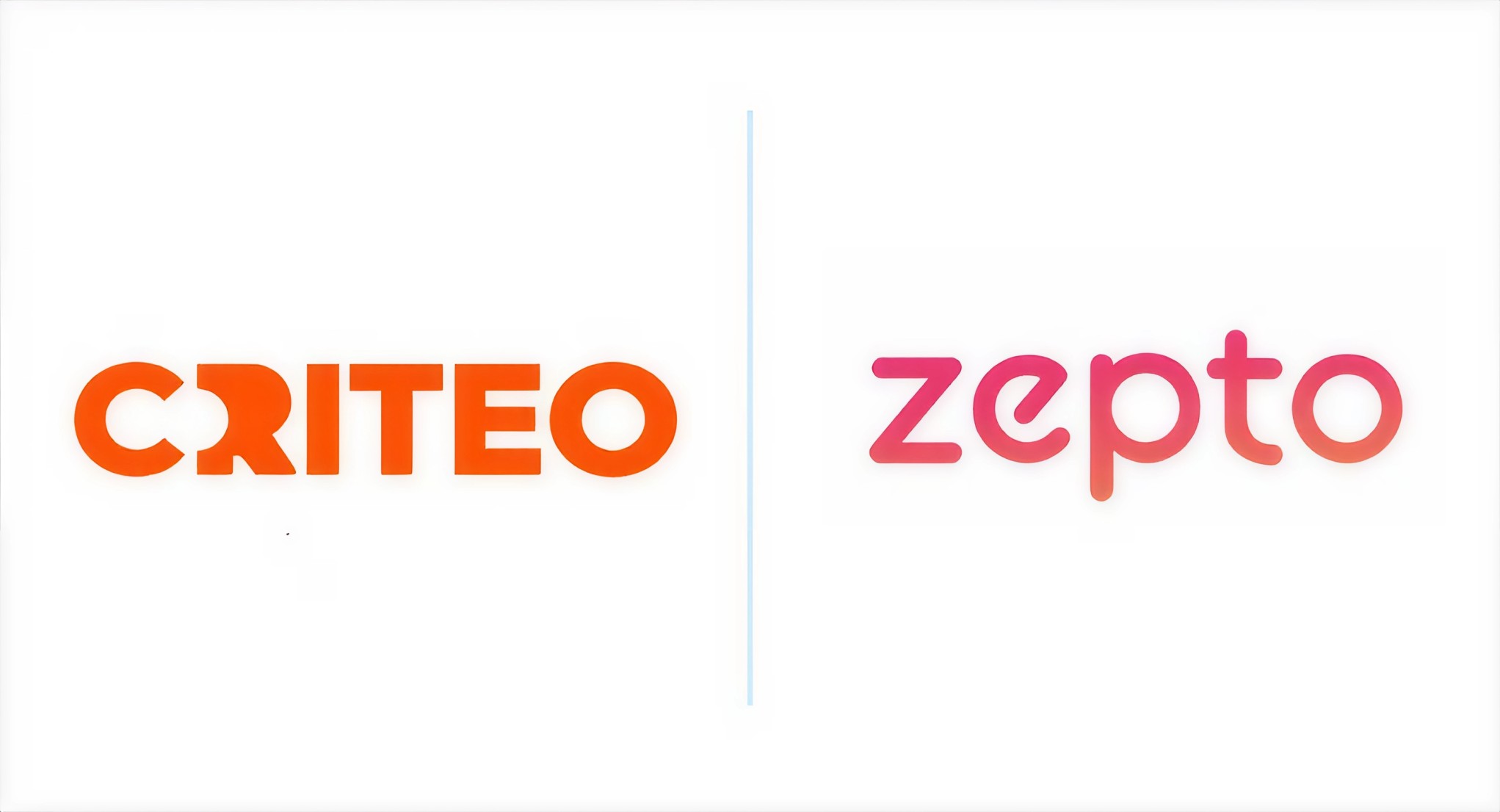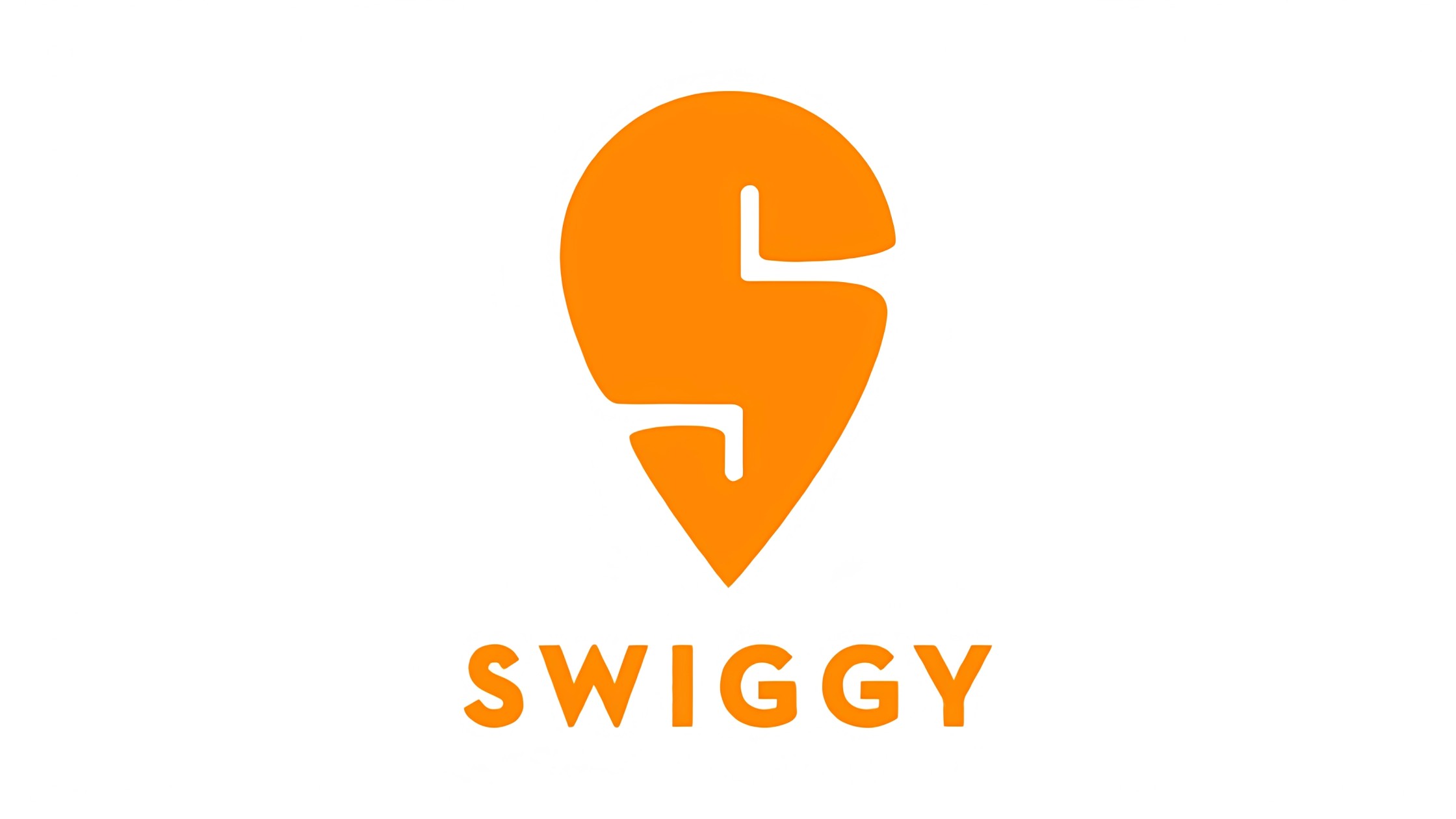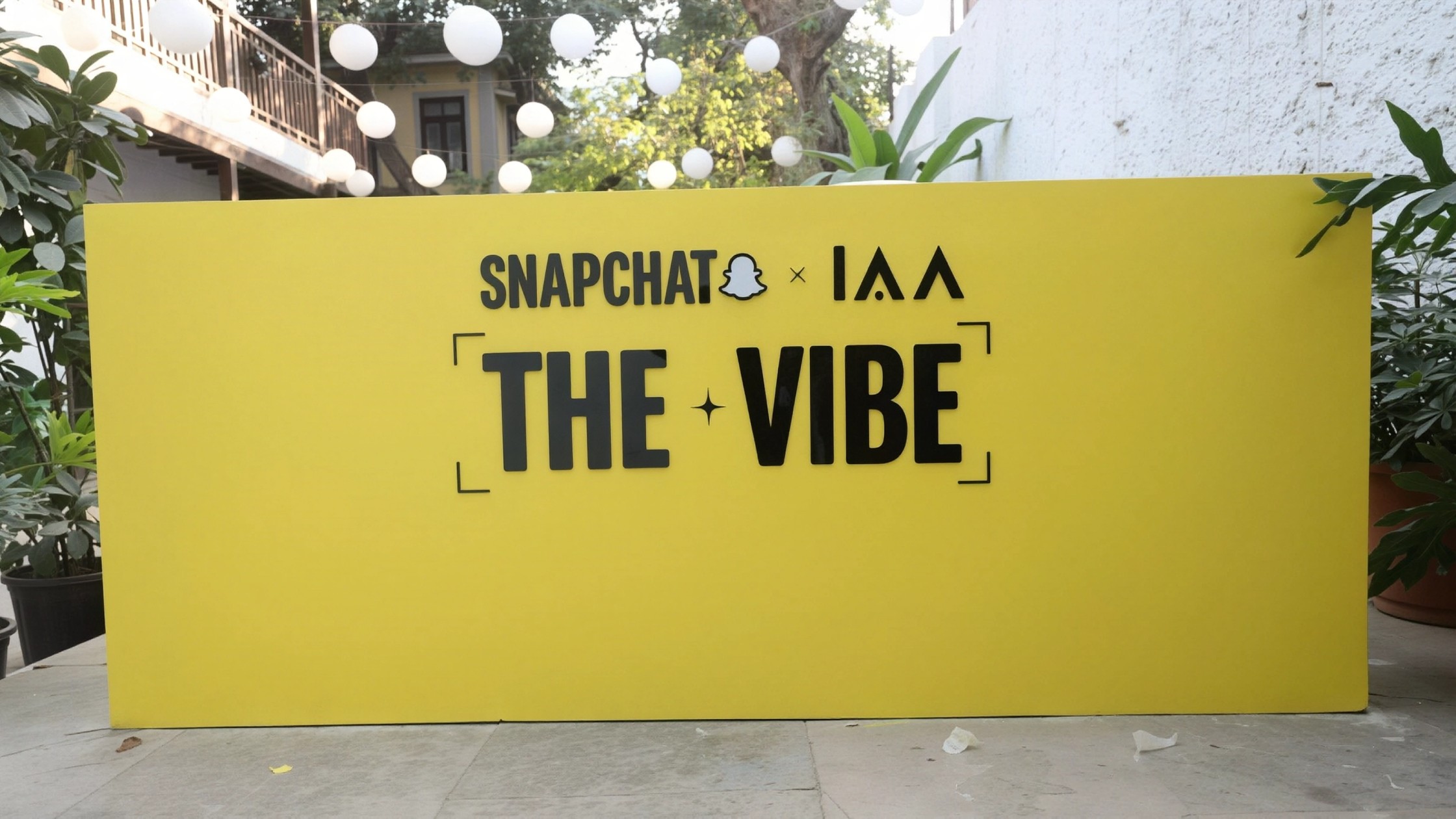A New Era Of AI Driven Personalisation
Meta is taking a major step in reshaping how its platforms deliver content and ads. From December 16, 2025, the company will begin using text and voice interactions with Meta AI and other AI features as signals for its recommendation algorithms. With over a billion monthly users already engaging with Meta AI, this marks one of the largest integrations of conversational data into a global advertising ecosystem.
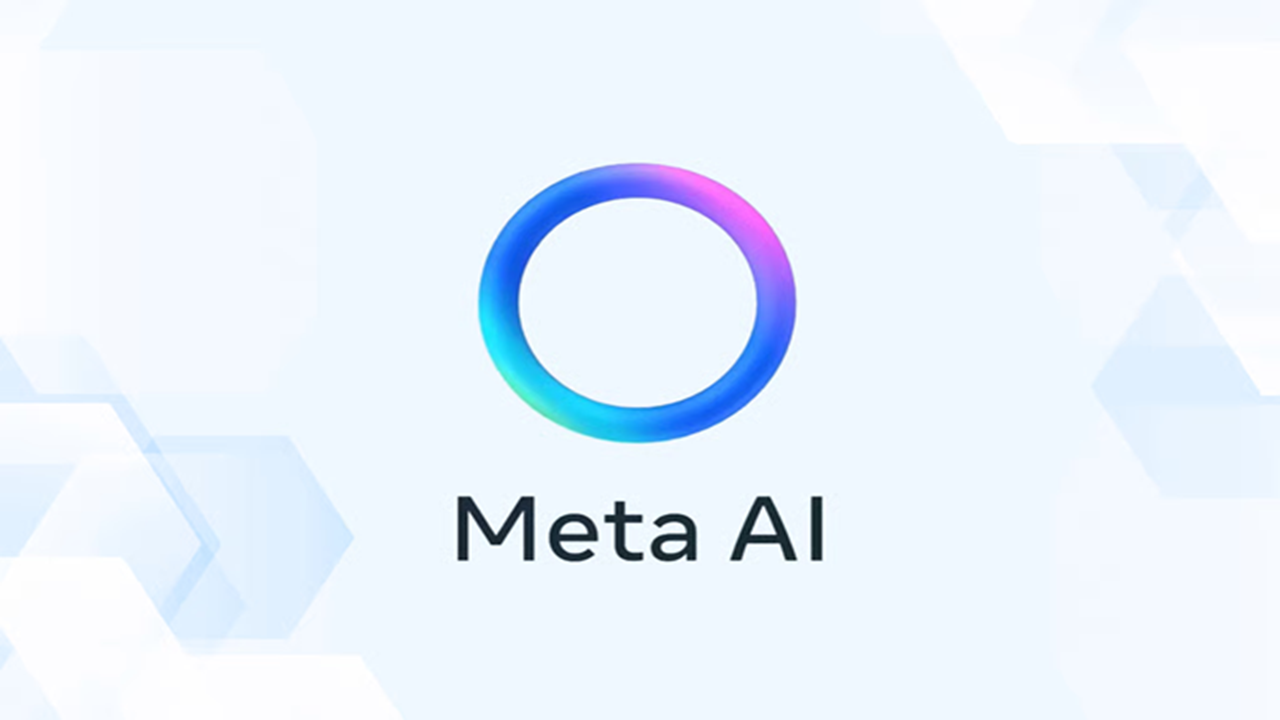
Traditionally, personalisation on Facebook and Instagram has been based on likes, follows, and activity history. The new approach extends to chat data. For instance, if a user regularly talks to Meta AI about hiking, the system will interpret this as an interest and recommend hiking groups, trail content from friends, and even ads for hiking gear. Meta says this will create a more relevant, responsive, and personalised experience for users.
What Data Will And Won’t Be Used
Meta has emphasised that users will continue to have control over what they see. Existing features like Ads Preferences and feed controls remain active, allowing individuals to adjust their ad and content experience. Importantly, conversations on sensitive topics will not be used for personalisation. This includes discussions on religion, politics, health, sexual orientation, race, or union affiliations.
ADVERTISEMENT
Additionally, Meta clarified that only data from linked accounts within the Accounts Center will be used. If someone uses Meta AI on a WhatsApp account not linked to their Instagram or Facebook, those interactions will not influence recommendations elsewhere.
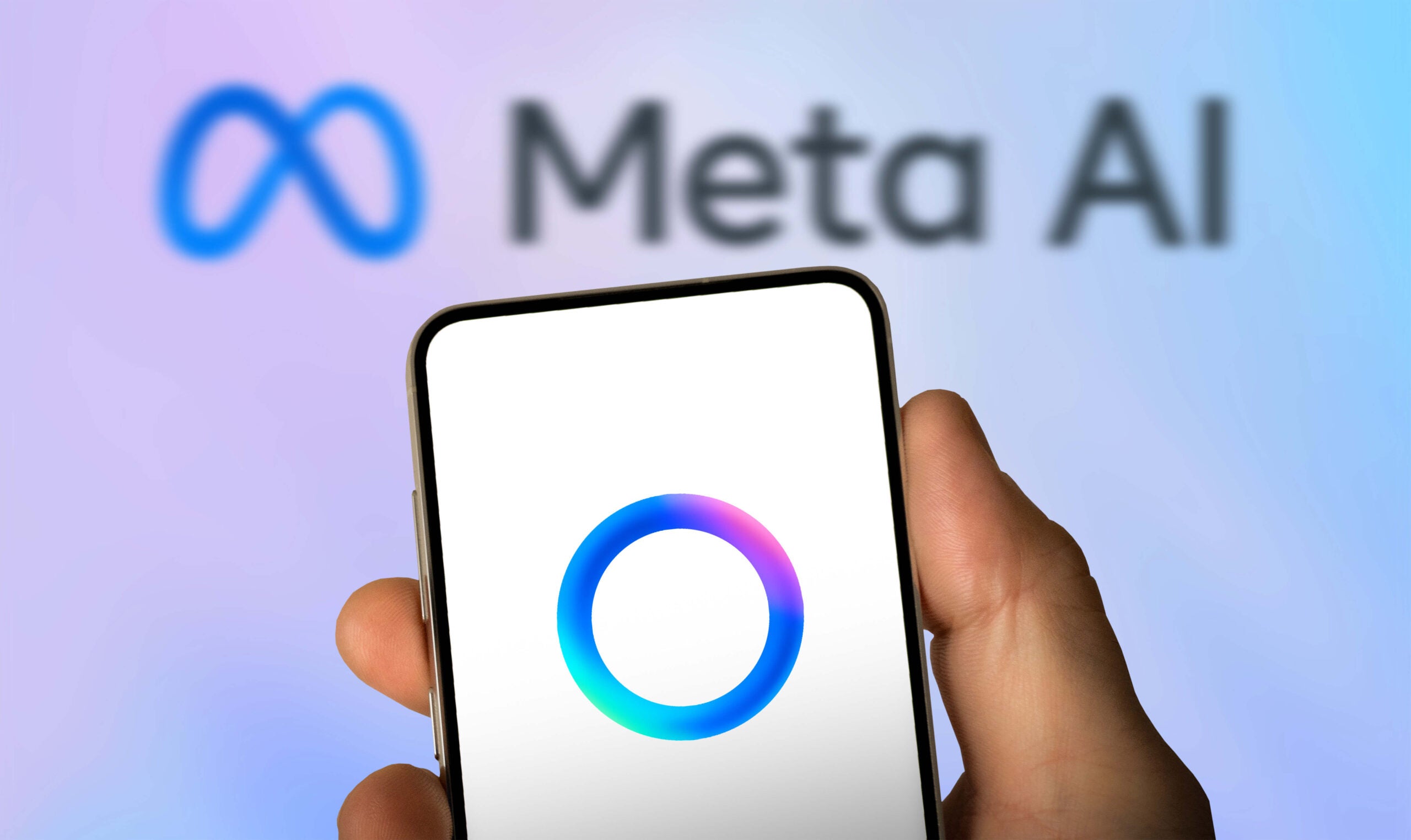
Global Rollout After December 16
Meta will start applying this AI powered personalisation from December 16, 2025, beginning in most regions before expanding worldwide. The change is positioned as a step toward making user experiences across platforms more dynamic and aligned with real time interests.
Why It Matters For Marketers
For advertisers, this shift could be transformative. It opens new precision in targeting based not only on what users do but also on what they talk about. While it raises questions about privacy and the line between conversation and commerce, it also promises a more engaged audience and potentially higher ad performance.
Meta’s integration of conversational AI data signals a future where ads and content are deeply aligned with user context and evolving preferences. For brands, it underscores the need to rethink how they connect with audiences in an increasingly AI driven ecosystem.
Follow Marketing Moves on Instagram and Facebook for the latest updates on how AI is shaping the future of marketing and advertising.









